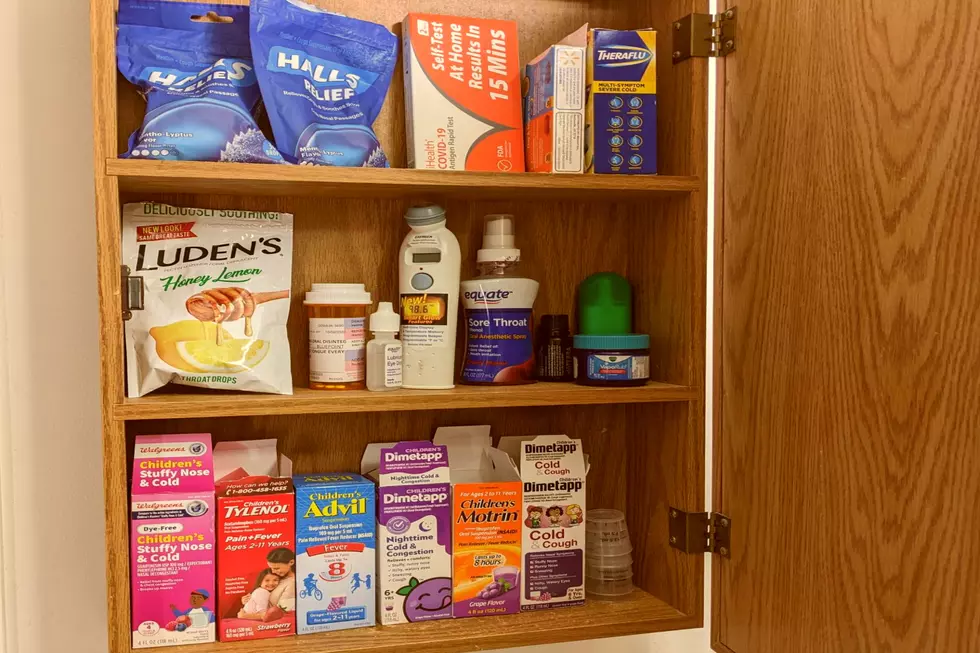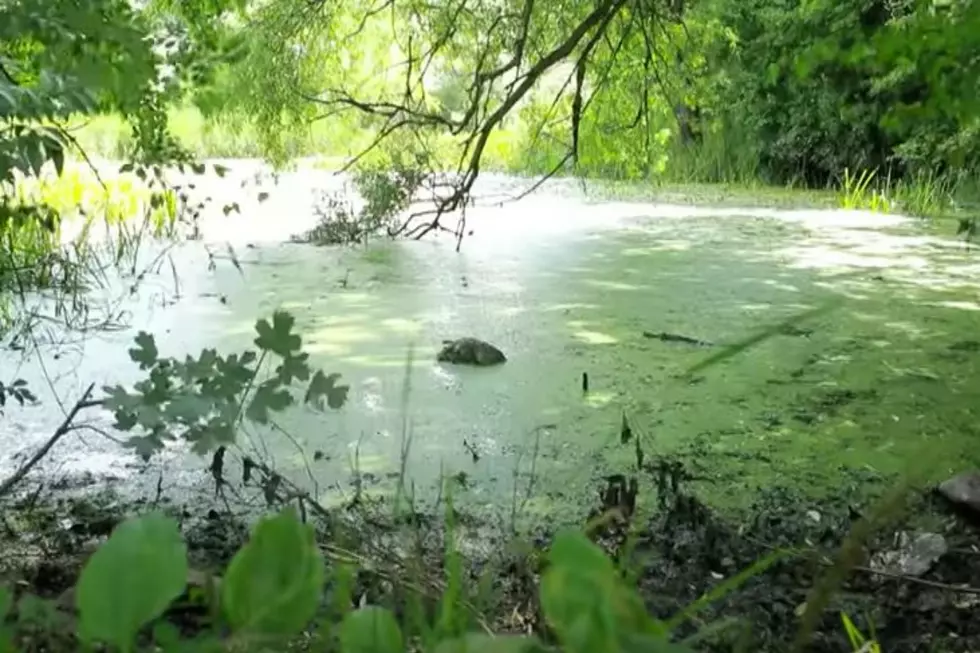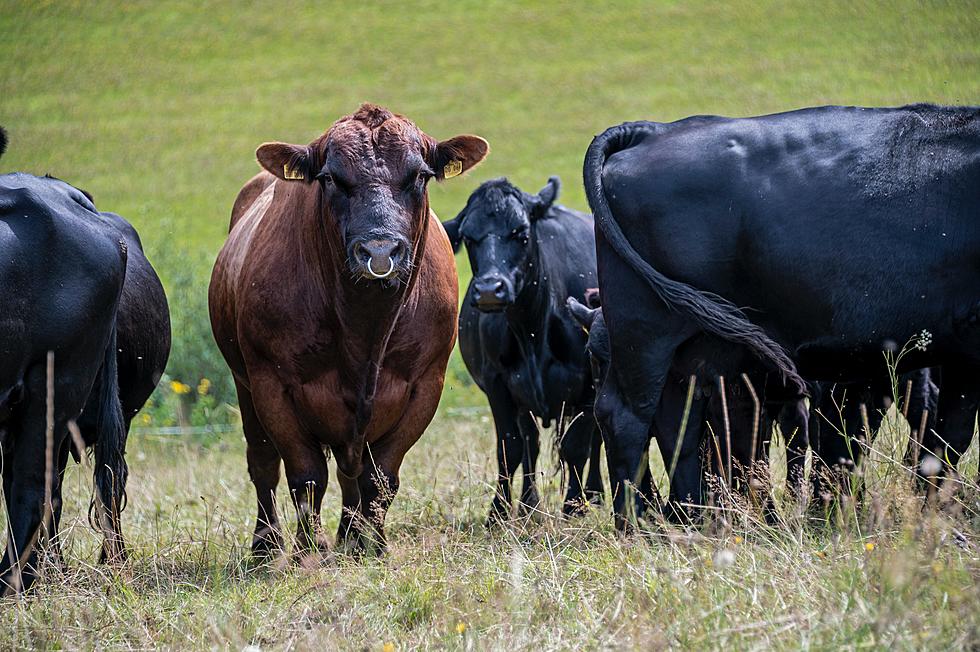
E. Coli, Algae Blooms A Very Real South Idaho Recreation Danger
National health officials are warning Americans to be cautious when out enjoying water sources such as lakes and reservoirs due to elevated bacteria levels. Algae blooms are a major health risk every spring and summer, and now high levels of E. coli are being detected at beaches and lakes in the northwest as well.
With warmer spring temperatures in southern Idaho upon us, more and more families are heading to state parks, lakes, and reservoirs to seek relief. It's nearly impossible to avoid ingesting water when swimming outdoors, and kids are particularly at risk for developing an illness from tainted mountain runoff.

Like much of the western United States, Idaho had an unusually high amount of rain and snow in the winter months, and now currents are stronger than normal as that snowpack begins to melt and rush into state lakes. This runoff is coming from areas in the mountains that have been moisture-depleted, and this water is carrying some very harmful bacteria that formed from diseased animals, according to health officials.
State health departments in Idaho, California, and Utah are reporting elevated E.coli levels from tainted mountain runoff, and if this bacteria enters the body by ingestion, it can be a serious health concern. E. coli is hard to identify in water as the bacteria is microscopic, whereas algae blooms resemble greenish paint floating on the surface of lakes and reservoirs.
Algae blooms and E. coli present similar symptoms in dogs and humans. Stomach pain, vomiting, and difficulty breathing are just a few. Try to avoid ingesting water in the coming weeks while out enjoying outdoor recreation in Idaho, and seek medical care immediately should you or a family member begin showing signs of sickness following a visit to state water sources.
KEEP READING: Here are 6 foods from your cookout that could harm your dog
Here are some tips for self-care during the pandemic:
More From 98.3 The Snake









